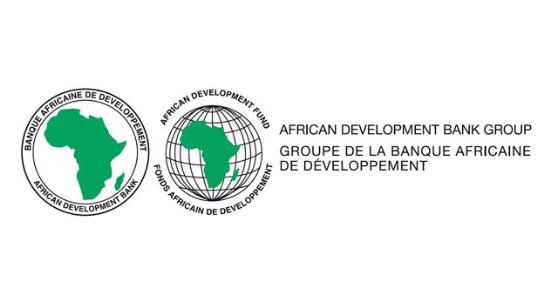AfDB’s New Safeguards Are Improved, but Fall Short on Remedy

The African Development Bank has released the final version of its updated environmental and social policy, the Integrated Safeguards System (ISS). Accountability Counsel submitted detailed comments during consultations on the ISS last year, urging AfDB to adopt an explicit commitment to provide remedy for project-related harms and to emphasize the strengthened mandate of its independent accountability mechanism. While the final draft incorporates few of the changes we recommended, the new policy is much more robust than the former 2013 version. If well implemented, the new ISS could go a long way in avoiding negative impacts to communities, though it still does not guarantee remedy for harm.
Shortcomings of the ISS
Flaws of the draft ISS that remain in the final version include:
- An incomplete description of the Independent Recourse Mechanism (IRM) which fails to mention its dispute resolution function and its new authority to recommend remedial actions in response to AfDB non-compliance with Bank policies;
- A mitigation hierarchy that limits remedy to compensation and offsetting, rather than acknowledging the full range of non-compensatory remedial measures that may be necessary for addressing harm;
- No robust commitment to remedy, with no acknowledgement of AfDB’s own role in contributing to remedy when it has contributed to harm. Rather than affirming that project-affected communities should not bear the risk of unintended impacts, the ISS maintains that some level of risk may be deemed “acceptable.”
Promising Changes
Nevertheless, the new ISS improves upon the old policy in several notable ways, including:
- A requirement that AfDB borrowers and sub-borrowers must inform project-affected communities that AfDB is funding the project and that the IRM is available to hear complaints;
- A requirement that project budgets must include funds to mitigate and compensate for potential harm, along with detailed technical plans for how such mitigation or compensation will be implemented;
- A pathbreaking provision on resettlement which stipulates that the cost of compensating resettled people will be included in the AfDB loan or other project financing. This welcome policy change was introduced in response to AfDB clients systemically failing to provide timely compensation to people displaced by their projects.
Looking Forward
Ultimately, the value of these policy changes will be in their implementation by AfDB and its clients. As we have seen at the International Finance Corporation, which is generally heralded as a governance leader among development finance institutions, a Bank’s’ failure to use its considerable leverage over clients can mean that strong policy language goes unfulfilled, and preventable harms to communities persist.
As a next step, the AfDB should prepare guidance notes on how to implement the ISS in consultation with civil society and project-affected communities. Accountability Counsel will continue to advocate that planning for remedy must begin from the earliest stages of project development, so that any harmful impacts to communities are redressed promptly and effectively.
Related Posts
- 25 May 2022 CSO’s call on AfDB to implement policies to address their concerns
- 20 December 2021 Op-Ed: African Development Bank Restructures Its Accountability Office: What Does this Mean for African Communities?
- 17 February 2021 Review Team Recommends Important Reforms to the AfDB’s Accountability Framework; More is Needed to Ensure Remedy for Communities
- 12 February 2019 Accountability Counsel Submits Joint Recommendations to AfDB Board of Directors on the Consultation Process of the IRM Review
- 5 October 2015 Communities in Lamu, Kenya Object to AfDB’s Role in Planned Coal Power Plant

